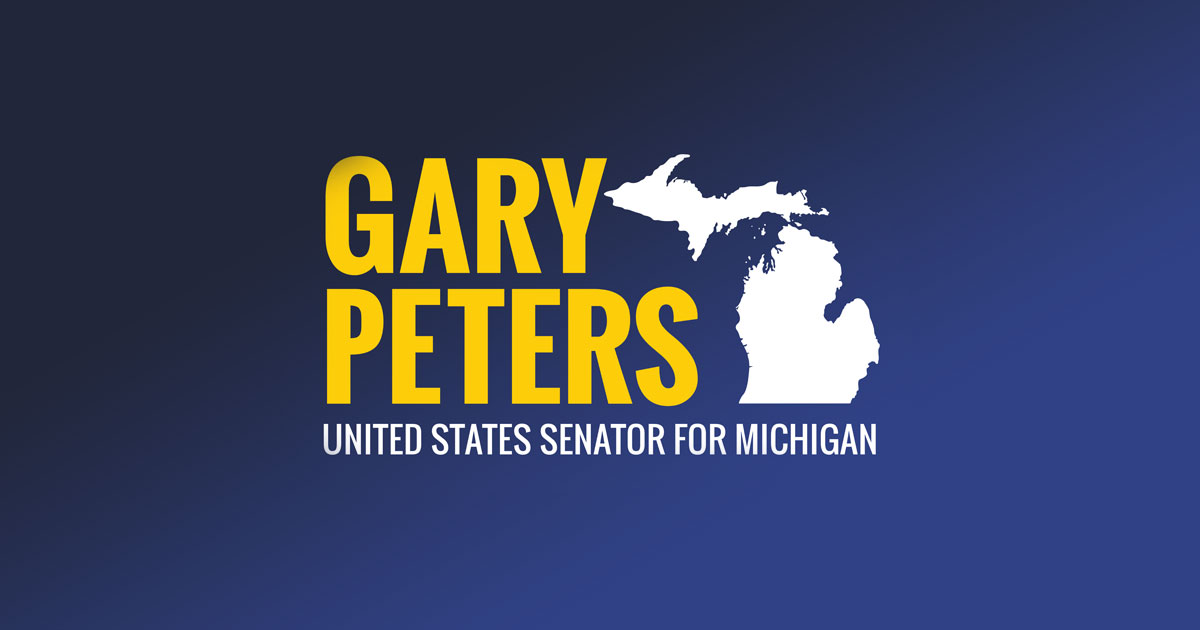Source: United States Senator for Michigan Gary Peters
WASHINGTON, DC – U.S. Senator Gary Peters (MI) released the following statement on the Biden Administration’s announcement that it will take additional steps to address PFAS contamination:
“PFAS contamination and exposure has devastated communities in Michigan and across the country for far too long. Let’s be clear: PFAS contamination is not just an environmental threat – it is a danger to public health and can devastate local economies. We must do everything we can to address the impacts of these toxic chemicals.
“I’ve met with Michiganders suffering from exposure to these chemicals and been in communities across the state that have high levels of these chemicals in drinking water – the time for action is long overdue. Today’s announcement is an important step but there is still work to be done to help prevent further spread of PFAS contamination. I’ll continue working to hold the Department of Defense accountable to force remediation at sites in Michigan and across the country and to protect families.”
In his role on the Homeland Security and Governmental Affairs Committee, Peters has led Congressional efforts to address PFAS contamination in Michigan and across the country. Earlier this year, Peters released a report by the Government Accountability Office (GAO) that shows the federal government needs to take further action to clean up and prevent contamination from PFAS. Peters supported or led provisions in the 2019 national defense bill that included banning the Department of Defense from purchasing firefighting foams containing PFAS. The bill also immediately prohibited the use of firefighting foams containing PFAS in military training exercises, and enhanced state cooperation with the Department of Defense regarding clean-up due to PFAS contamination stemming from military-related activities. Peters’ bipartisan legislation to develop guidance for firefighters and emergency personnel on best practices and training to reduce, limit and prevent exposure to PFAS has passed the Senate. He also cosponsored bipartisan legislation mandating the EPA designate PFAS as hazardous substances under the EPA Superfund law.
In September 2018, Peters helped convene the first hearing on PFAS in the Senate, assessing the federal response to contamination and remediation. He then convened a field summit in Grand Rapids in November 2018 to shine a light on how the local, state and federal governments are coordinating their response to PFAS.
###
